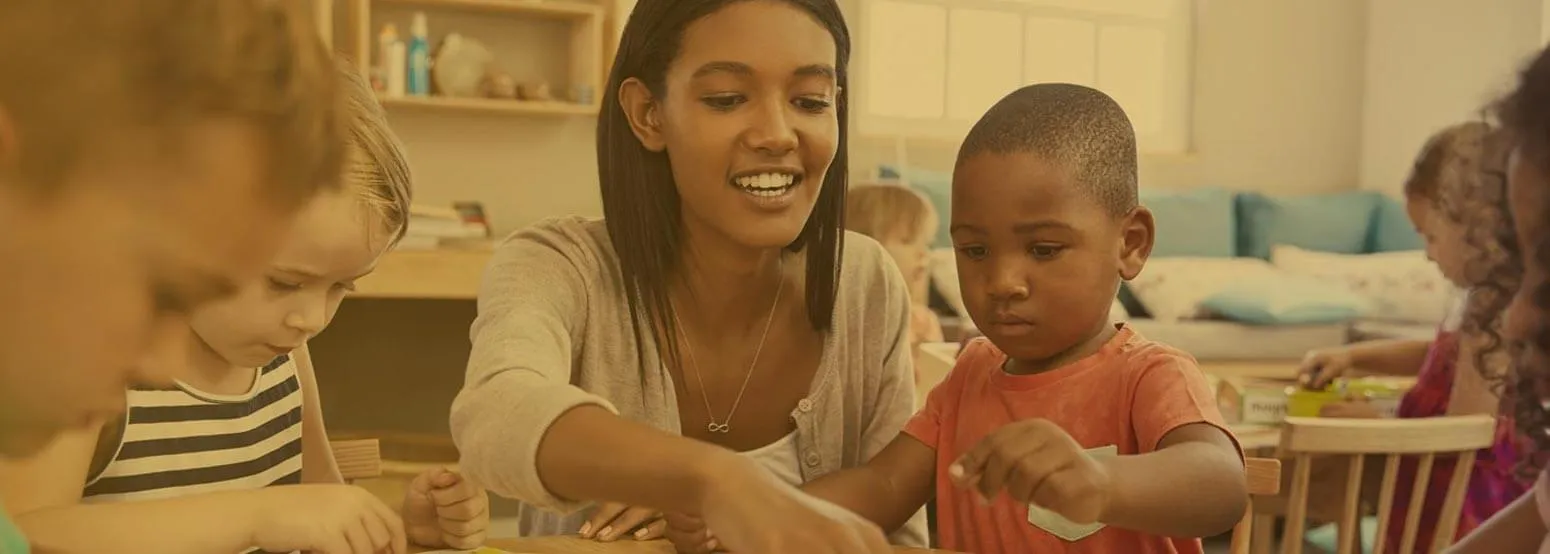Best Questions To Ask at the End of Your Interview
At the end of your interview, the interviewer will ask if you have any questions. What can you say to make an impression? Find out with our insightful tips!
Our customers have been hired by*:*Foot Note

Questions To Ask at the End of an Interview
Picture this: You’ve made it through the entire job interview, you feel great about the way the interview has gone, but then the hiring manager asks, “Do you have any questions for me?” If you’re not expecting this question, it’s easy to say, “Nope, thank you for the interview!” However, this could be detrimental to your chances of getting hired. Asking the right questions is one of the best ways to impress a potential employer. Here’s everything you need to know about asking questions at the end of an interview.
Build my resumeWhy Do You Need To Ask Questions at the End of an Interview?
At the end of a job interview, nearly every interviewer is going to ask if you have any questions. This is the perfect chance for you to get more information about the job itself and about the person interviewing you. During your job hunt, you don’t want to come off as desperate or just looking for whatever job offer is available next. Asking smart questions gives you insight into the work environment at the job, allows your potential employer to see that you really care, and presents you as an ideal candidate.
What an Interviewer Is Looking for When They Ask, “Do You Have Any Questions for Me?”
To answer this and come up with follow-up questions, you need to know what an interviewer wants out of this question. Typically, when an interviewer asks if you have any questions, these are the things they’re looking to confirm:
- You care about the company
- You know what questions to ask
- You’re invested in getting the job
- You want a job you really love, not just whatever job is available
These questions help weed out subpar candidates and identify the best job seekers for the new position. Whether they’re related to personal experience or working life, they showcase that you’re looking for a great job you can grow in.
Build my resumeIdeas for Questions To Ask at the End of an Interview
Now that you understand why these questions are important, what are some good questions to ask? Here are a few ideas you might be able to use.
- What do you feel is the best thing about working here?
- What are the day-to-day responsibilities of this job?
- Can you give me more information about how this company’s work culture reflects the company’s values?
- How would you describe the company culture at this workplace?
- What kinds of professional development opportunities are available?
- What would be the main challenges for this job role
- What does a typical day look like for someone in this job at your company?
- Is there anything you’d like to change in this company?
- What are some of the biggest challenges the company is facing right now?
- What is the biggest achievement you’ve had in the past year?
- What are the next steps after this interview?
These are all potential questions to ask, but make sure you don’t ask any questions that were already answered during the interview or any questions that don’t make sense for the position you’re applying for. Prepare a few of these questions for each individual interview, then ask them depending on how the interview itself goes. You can probably come up with more questions, just based on what you learn about the company during your research and during the interview.
FAQ: Questions To Ask at the End of an Interview
Have questions? We’re here to help.
How many questions should I ask at the end of the interview?
Rather than think about a specific number of questions to ask, get a feel for how the interview is going. If the interviewer seems very open and unconcerned about time restraints, and you’re really interested in the job, feel free to open with numerous questions. If the interviewer seems pressed for time, you may ask fewer. In general, it’s good to have a handful of interview questions at the ready so you can ask as many as seems appropriate.
What should I know about wording my questions?
Open-ended questions are always going to be better than dead-end questions. If the recruiter can just answer with “yes” or “no,” this doesn’t open up any sort of dialogue and doesn’t really give you a better idea of the career path you’re entering. These questions are a two-way street, and you should be trying to get the interviewer to create a dialogue with you. Additionally, make sure your questions are polite. If you’re asking about anything that an interviewer may see negatively, word it in a positive way, asking about “challenges” rather than “problems” and “concerns” rather than “issues.”
What should I close the interview with?
The best way to close is typically to ask, “What are the next steps after this interview?” This may include asking for information about the next interview, if there is one, and when you might expect to get an offer for the new job. Once you have all the information you need, make sure you thank the interviewer for their time and indicate that you hope to hear from them soon. This subtle but polite call to action can help spur the interviewer on to offer you the job.
Couldn't find the answer you're looking for?





